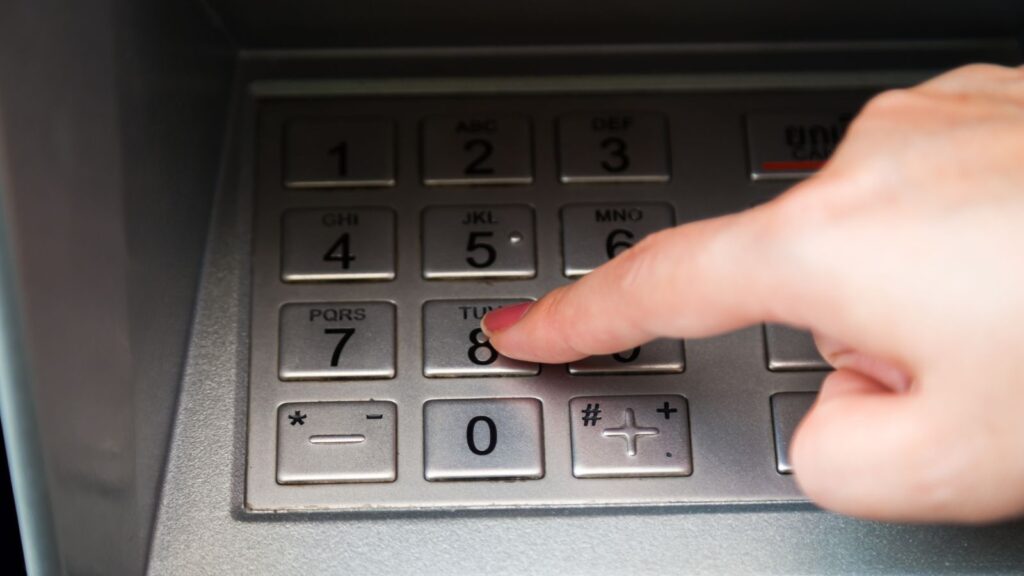Have you ever wondered what PINs most people tend to use? We’ve got the scoop thanks to an analysis of 3.4 million PIN codes that leaked during various data breaches. Let’s explore some of the standout numbers and see what’s trending in the world of PINs.
The Classic 1234
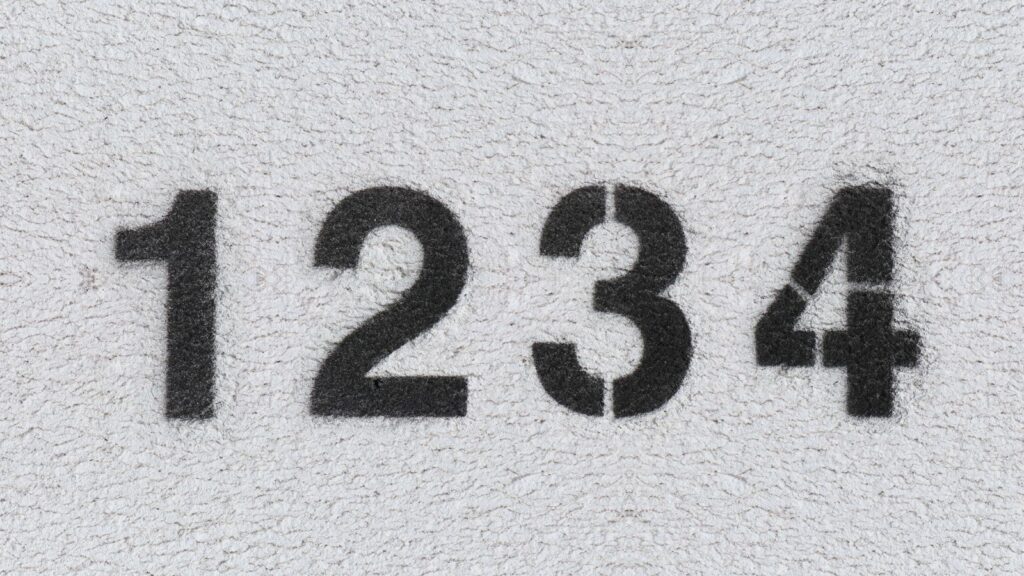
This information comes from Information is Beautiful. To nobody’s surprise, “1234” is still the most common PIN, which is probably because it’s super easy to remember. While that’s great for not forgetting your PIN at the checkout, it’s not so hot for keeping your information private. You should definitely avoid choosing a pin that’s this obvious.
Birth Year
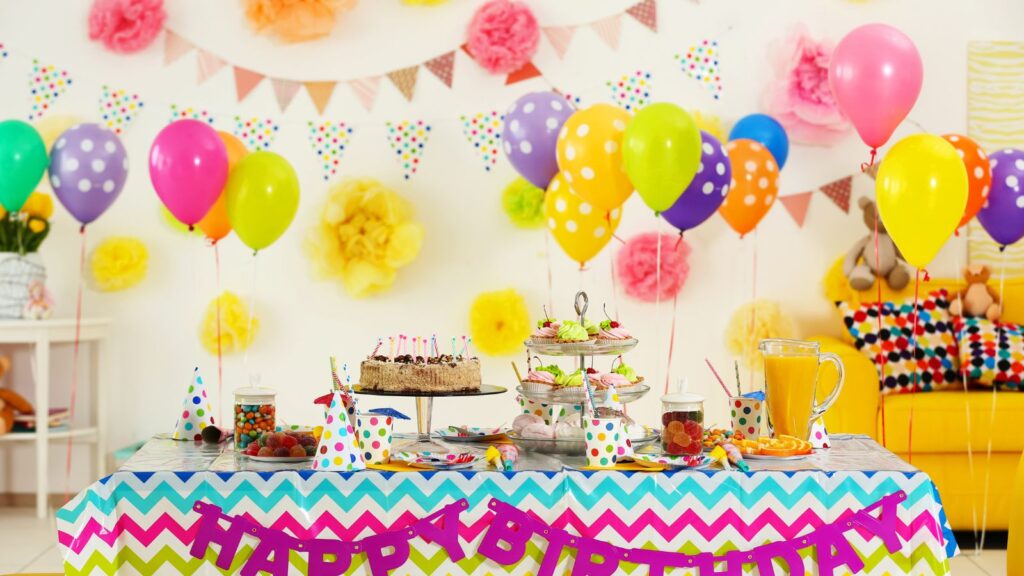
Many people use a memorable year for their PIN, especially their birth year, because it sticks in their brains, but guess what? If it’s easy for you to remember, it might be just as easy for someone else to guess. You should never use any obvious dates that others can guess in your PIN code.
Date Night

Another common one is using other significant dates, like the day you tied the knot or graduated, as those numbers have a special place in your heart. They’re great for jogging your memory, but if it’s a date someone can easily find out, it might be too personal for a secure PIN. Just remember that it’s easy to track your personal info down.
1111
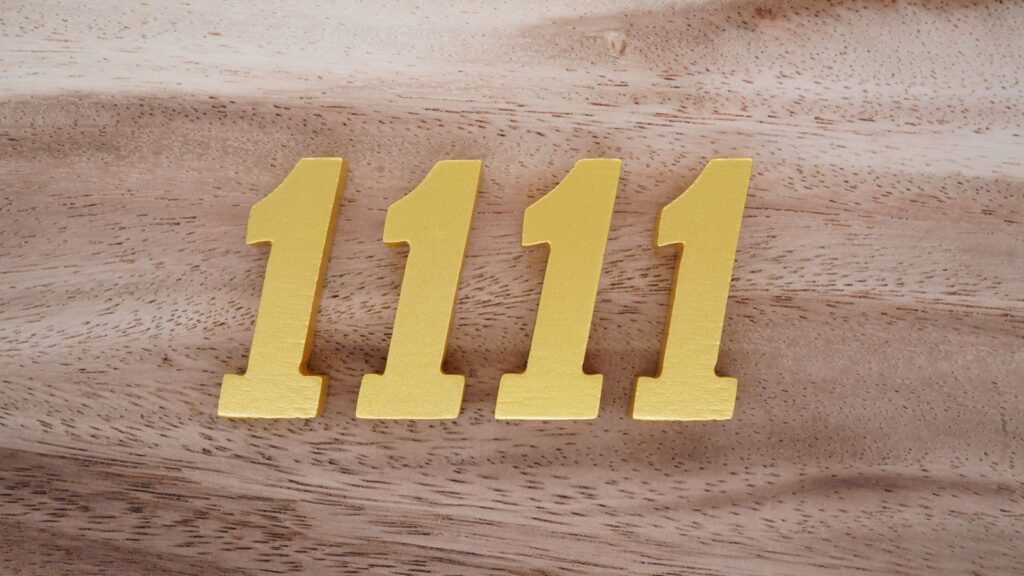
And then there’s “1111,” which is another favorite for many people because, just like “1234,” it’s easy to type in. This makes it a popular pick for anyone who wants to avoid the headache of forgetting their PIN. The downside? It’s pretty much the first number anyone trying to get into your account will try.
Double Trouble
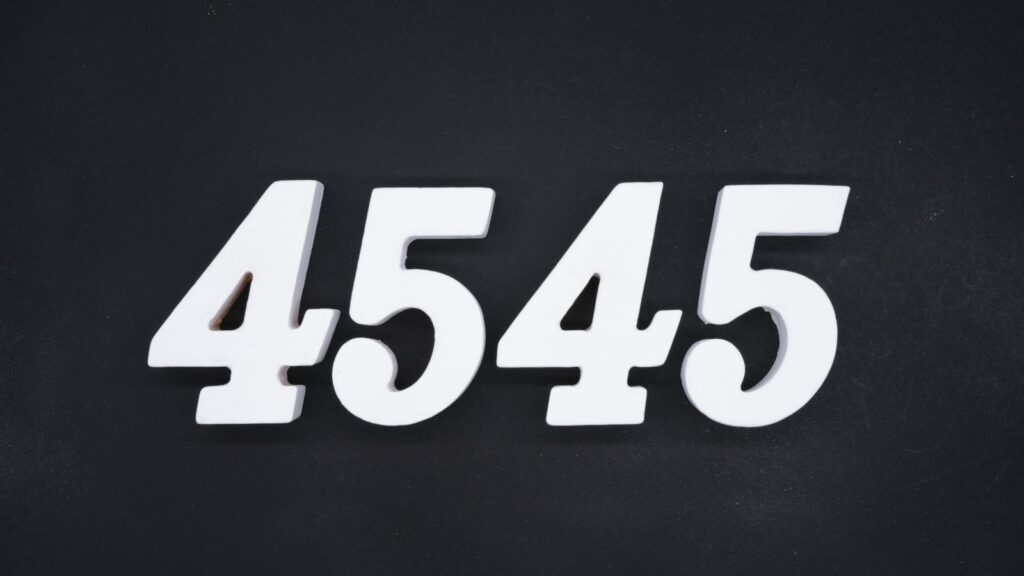
Some people love doubling up, such as with “4545” or “2929.” They’re a good balance between being easy to remember and feeling a bit more unique than the too-simple “1234,” but they’re still a little too common. Doing double numbers is still pretty easy to crack, and the keenest of crooks won’t be fooled.
Follow the Leader
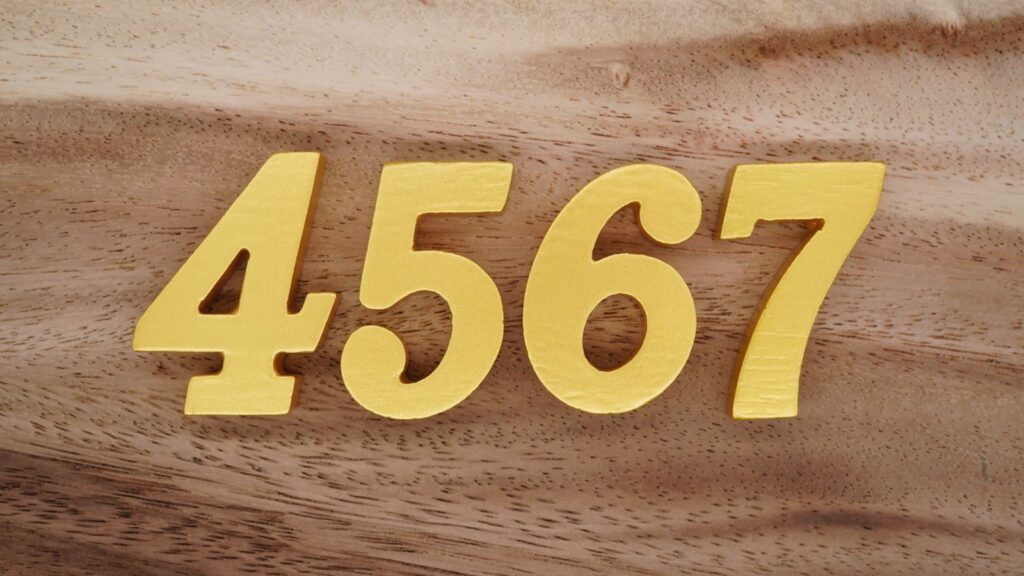
Sequential numbers like “4567” are also popular, and it seems we can’t resist a good sequence. After all, they’re logical and have a nice ring when you type them in. While they might save you from a PIN-related brain freeze, they’re also sitting ducks for anyone trying to guess your code.
Avoiding Zeros
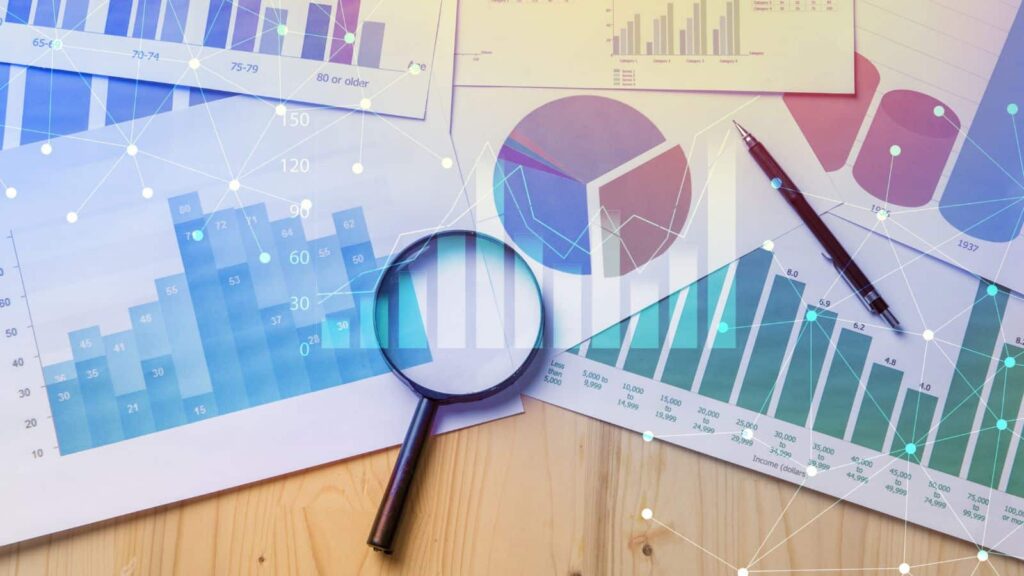
The data also shows that fewer people start their PINs with zeros, which could be because there’s a bit of superstition or just a gut feeling that it seems less secure. Perhaps the emptiness of the zero feels a bit too bare for an effective security code. Either way, avoiding zeros might not be a bad idea.
Mixing It Up
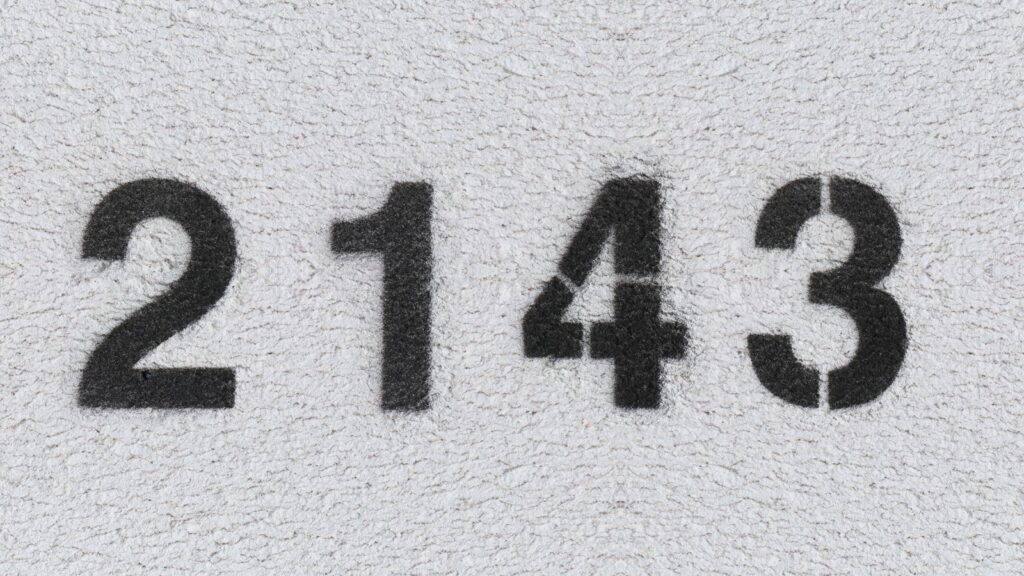
Some of us try to outsmart the system with less obvious choices like “2143” or “3214” because they’re a bit more scrambled and seem like they’d be tougher to crack. But even these ‘smarter’ choices appear more often than you’d think. Many people have the same idea, making these combinations less of a secret among smart PIN pickers.
Lucky Sevens
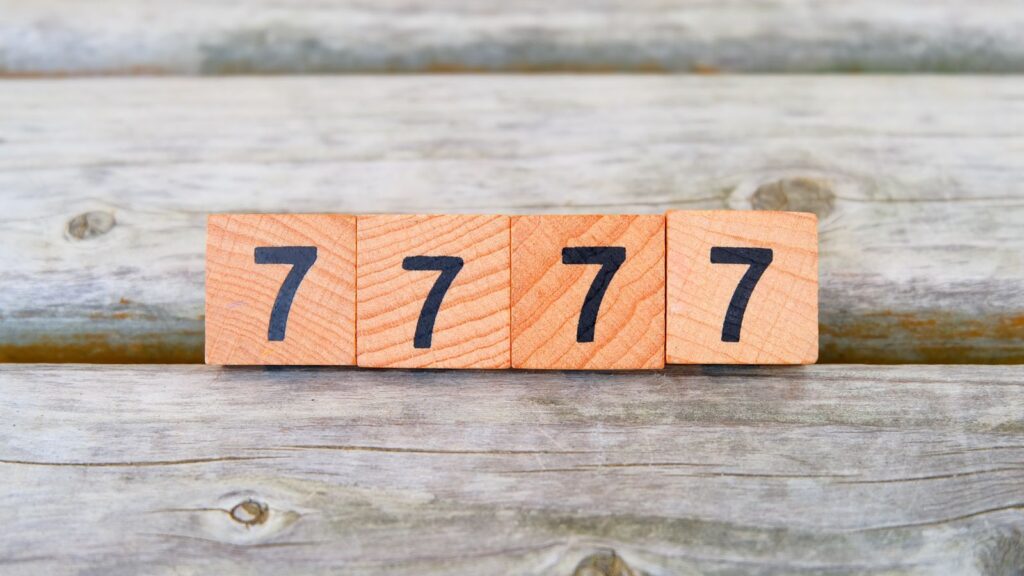
The number “7777” pops up a lot, too, which could be because seven is traditionally a lucky number. Just remember, while it might bring you luck at the casino, it’s a little too well-liked to actually be a safe PIN. It’s probably not the best choice for keeping any of your accounts secure.
High Rollers
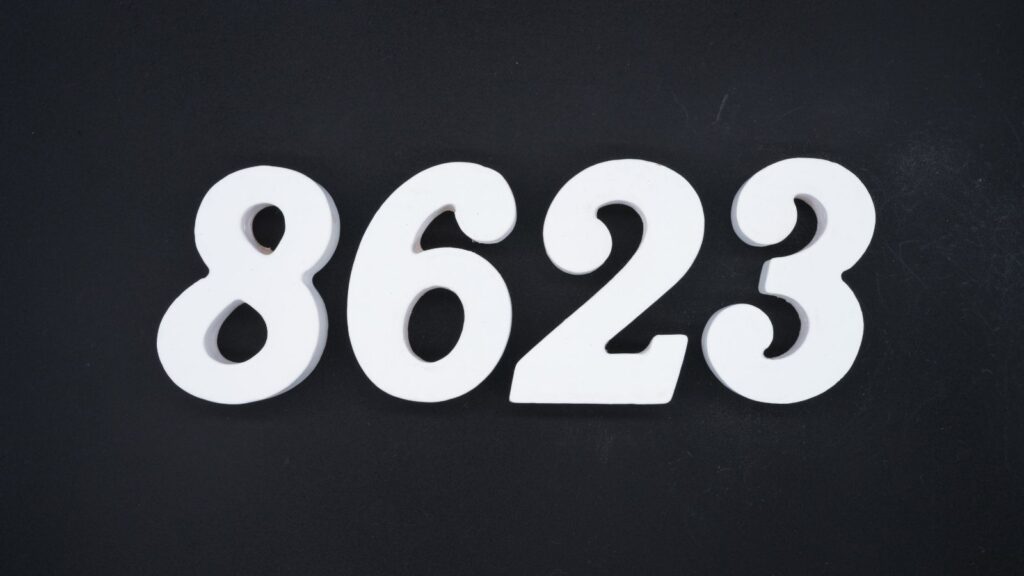
The less common higher numbers, like “8623” or “9472,” seem to be more secure simply because fewer people use them. But even then, if it’s easy to guess based on something else in your life, it’s not as safe as it could be. If it doesn’t tie too closely to other personal details, then choosing a rare combination could help.
Easy to Guess

Some people go for options like “2580” because they’re it’s straight down the middle key. In theory, that makes it harder for someone else to guess, but this isn’t true, as most scammers will try one of these combinations first. You should never go for a PIN that someone can guess just by looking at the keypad.
Cultural Numbers
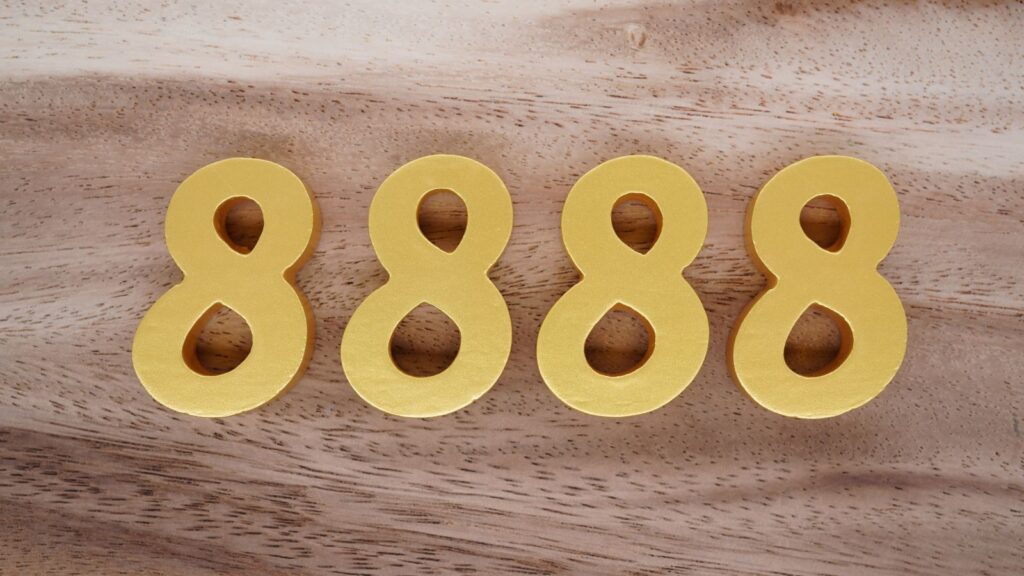
Certain numbers just have something about them depending on where you’re from, and “8888” is a hot pick in places where the number eight is seen as super lucky. It’s a cultural thing that can make a PIN feel more personal. Unfortunately, this makes them more predictable if you’re in the know, meaning it can sometimes turn a personal favorite into a security risk.
Not So Random
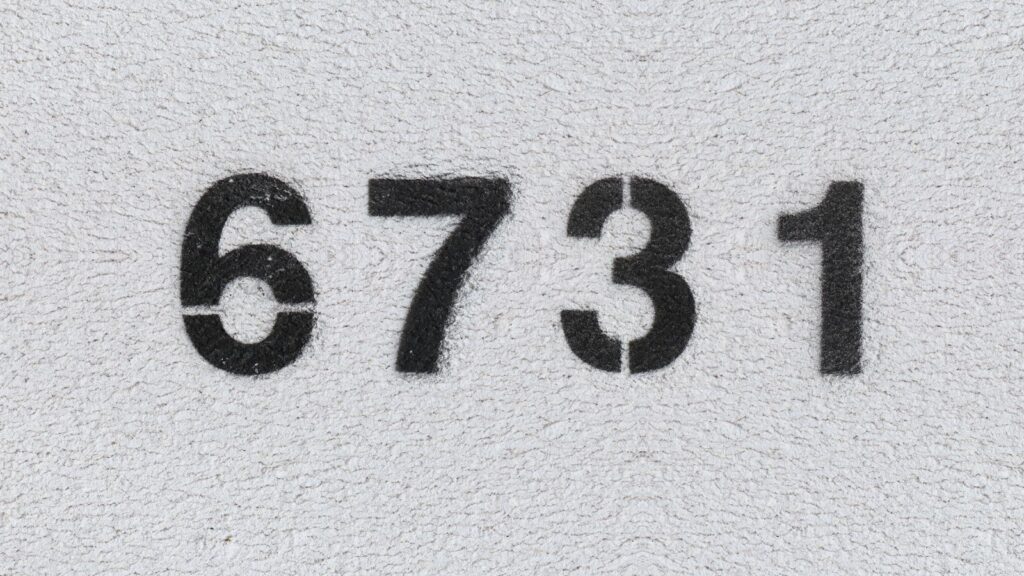
Truly random numbers, like “5294” or “6731”, don’t show up as much, and it seems we’re not big fans of total randomness for PINs. That’s probably because we worry about forgetting them and prefer more familiar, less random choices. Random can be more secure, but only if you can actually remember it.
Changing PINs Regularly
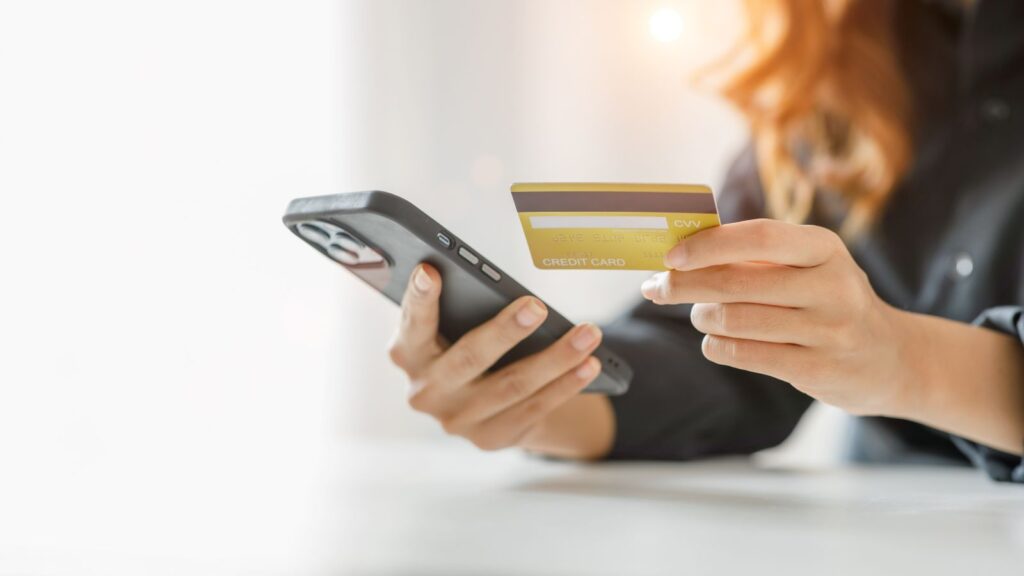
One smart move you might not have considered is changing your PINs regularly. This is something you can often do right at the ATM. This step can help protect your accounts against unauthorized access, even if someone gets hold of your current PIN. You should try to change your PIN every few months or so.
The Safety of Six-Digit PINs

The man credited with inventing the ATM, John Shepard Barron, actually recommended using six-digit PINs instead of the typical four-digit ones because they were better for security. A longer PIN naturally offers more combinations, making it harder for thieves to crack your code. Unfortunately, getting a PIN card this long is quite rare.
Obscure Personal Dates
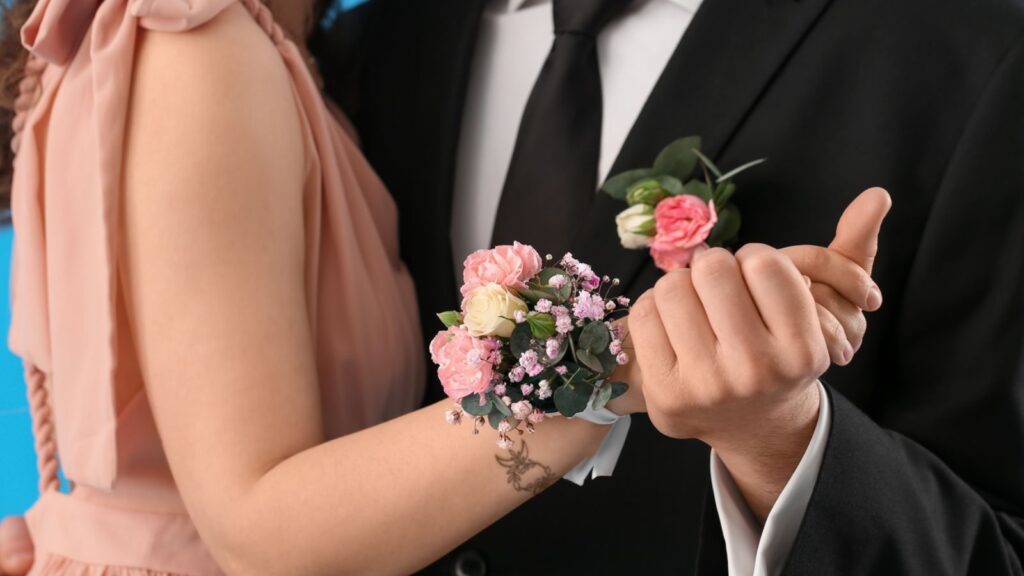
Instead of the usual birthday or anniversary numbers, use less obvious personal dates for your PIN. For example, you could use the date of your first kiss or another date that’s not obvious, but you still remember. These are harder for outsiders to guess but equally easy enough for you to remember.
Unique First Digit

Another smart idea is to avoid beginning your PIN with common first digits like “1” or “2” because they are far too common. Statistics show that using a wider range of first digits can make your PIN even harder to predict and more secure. Why not start with a 6, 8, or perhaps a four instead?
The Word Method
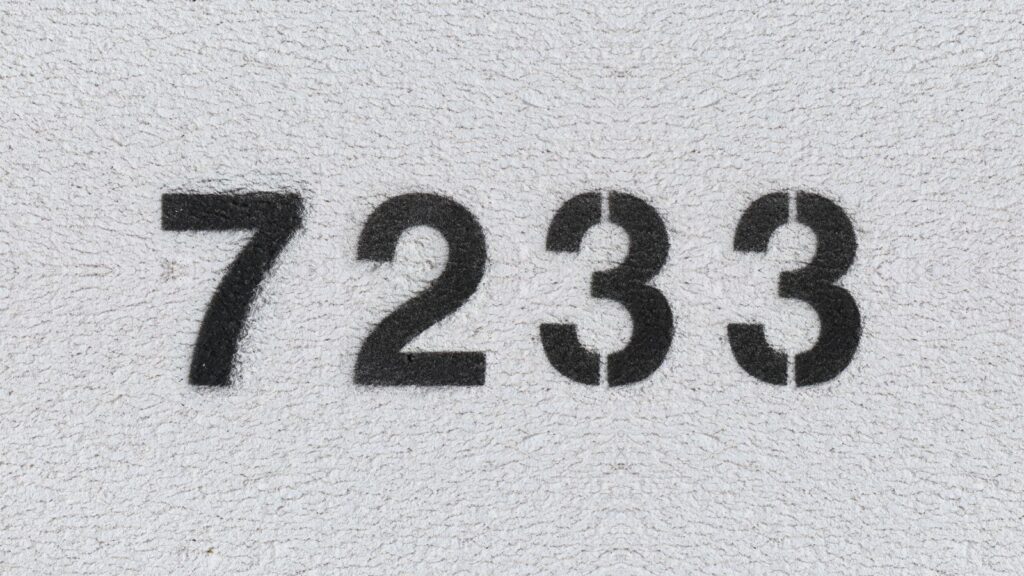
You could also turn a word into numbers using the letters on a phone keypad. For example, converting the word “SAFE” into “7233” can make the PIN easier for you to remember, but it’ll still be unique. Just make sure you don’t use any words that anybody else can guess easily or any words important to you.
19 Grim Realities of Dating After 50 That Are Often Overlooked

19 Grim Realities of Dating After 50 That Are Often Overlooked
26 Things That Will Be Extinct Because Millennials Refuse to Buy Them

26 Things That Will Be Extinct Because Millennials Refuse to Buy Them
24 Outdated Slang Terms You Absolutely Shouldn’t Be Using Anymore

24 Outdated Slang Terms You Absolutely Shouldn’t Be Using Anymore
25 Hardest Parts About Getting Older That No One Ever Talks About

25 Hardest Parts About Getting Older That No One Ever Talks About

